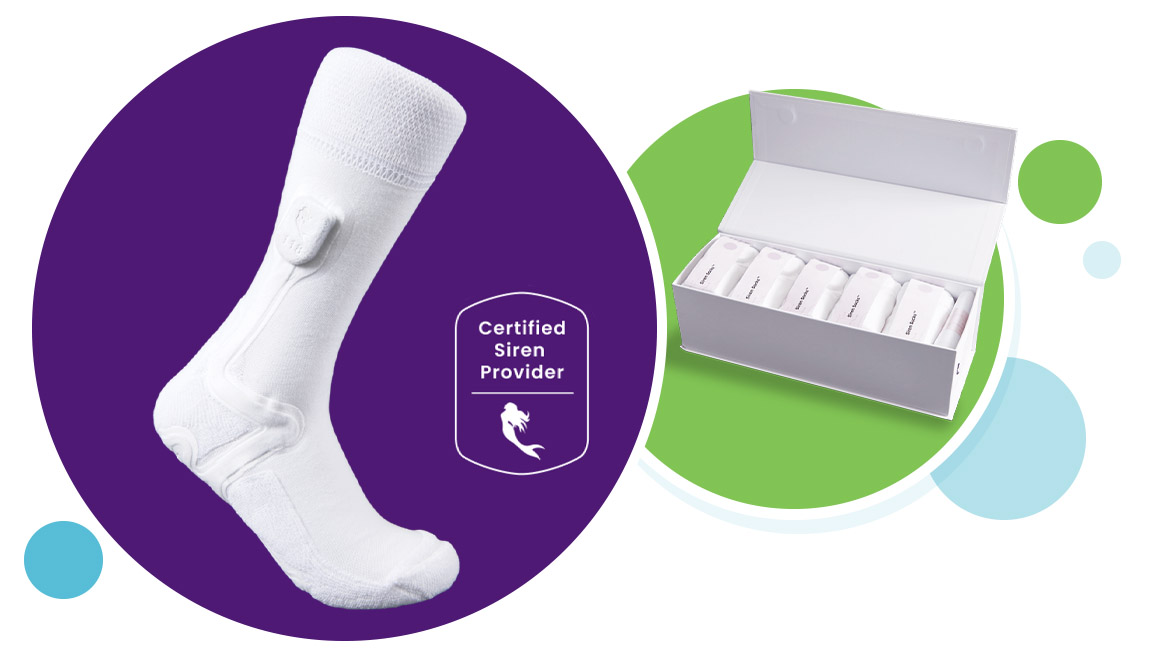What is Peripheral Neuropathy?
Peripheral neuropathy is damage of the peripheral nerves. Your peripheral nerves are the nerves that travel to your arms and legs. When the nerves are damaged, they don’t function properly. People with peripheral neuropathy have decreased or abnormal sensation in their toes and fingers. Sometimes, they develop problems moving these parts of the body as well.
Symptoms
The most common symptoms of peripheral neuropathy include burning, numbness, tingling, or shooting or stabbing pain in the toes and/or fingertips. Any change in sensation in the fingers or toes may be a symptom of peripheral neuropathy. Be sure to report any abnormal sensations to your doctor. Those sensations may be the first sign of another problem, such as diabetes.
Develop and Progress
People with peripheral neuropathy should wear properly fitted shoes and avoid walking barefoot to prevent injury. If you have diabetes, it’s important to control your blood sugar as well, because out-of-control blood sugar leads to increased nerve damage. Take your insulin or medication as prescribed and follow the recommended diet.
Diagnosis and Treatment
A podiatrist, family physician, internist, or physician who specializes in diabetes can diagnose peripheral neuropathy. The diagnosis is made on the basis of a physical exam, health history, and your reporting of symptoms. The doctor may order a blood test to check your blood sugar level because high blood sugar levels and diabetes are an important cause of peripheral neuropathy.
There is no known cure for peripheral neuropathy. The goal of treatments is to slow the progression of the disease, to maintain foot health, and to decrease pain (if present) and improve the quality of life.
The podiatrist may prescribe oral medication to help with symptoms. He or she will also perform a thorough foot check to look for any injuries or infections and will teach you how to do the same. Your podiatrist will also show you how to take care of your feet at home. People who have peripheral neuropathy should have their feet examined by a podiatrist at least once per year.

Siren Socks – The Next Step in Footwear
Siren Socks are innovative smart socks that detect potential issues with patients’ feet and represent a huge step forward in diabetic foot care. An FDA-registered Class I medical device, Siren Socks are prescribed based on medical necessity for patients with neuropathy – a condition which causes you to lose the ability to feel pain, so a small injury may go unnoticed and result in an ulcer, infection, or even amputation.
These socks measure your foot temperature, which is monitored by licensed nurses who contact you regularly to check on your health and the status of your feet. Doctors review any issues that arise and determine if a clinic visit is necessary.
Rising foot temperature indicates that inflammation is developing, which may be a sign of injury. Temperature monitoring has been shown to help prevent diabetic foot ulcers in multiple clinical studies over the past 20 years and is considered the gold standard in diabetic foot care.
Siren Socks are currently covered by Medicare but please inquire to see if they may be covered by your insurance.
They are also easy to use—just put them on and wear them daily like regular socks. You don’t need to turn them on or off, and you don’t need to charge them. The socks are comfortable to wear and machine washable.

